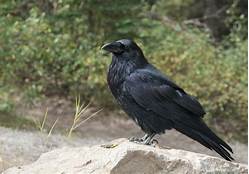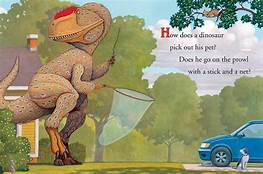Can Ravens Be Pets?
Ravens are fascinating and intelligent birds, often depicted as symbols of wisdom and mystery in mythology and literature. Their striking appearance, vocal abilities, and complex behaviors have captured the attention of many, leading to questions about whether they can make suitable pets.

Can You Legally Own a Raven?
The legality of owning a raven varies depending on your location. In some regions, keeping a raven as a pet is strictly prohibited, while in others, permits or licenses may be required. It is important to check with local authorities and consult up-to-date regulations before acquiring a raven.
Are Ravens Good Pets?
Ravens have specific needs and behaviors that require an experienced and dedicated owner. These birds are not domesticated and retain their wild instincts, which can make them challenging to keep as pets.
Challenges of Keeping a Raven as a Pet
1. Lifespan and Commitment: Ravens can live for up to 30 years or more in captivity, requiring a long-term commitment. Their needs and care should be considered for the entirety of their lifespan.
2. Behavioral Issues: Ravens are inquisitive and active birds. They may exhibit destructive behaviors like chewing on objects or knocking things over. They can also be vocal and noisy, creating potential disturbance.
3. Intelligence and Stimulation: Ravens are highly intelligent and curious. They need a stimulating environment with opportunities for exploration, play, and interaction. Neglecting their mental well-being can lead to boredom and frustration.
Responsibilities of a Raven Owner
1. Training and Socialization: Ravens need proper training and socialization from a young age to develop appropriate behaviors and bonds with their owners. Early intervention can help prevent behavioral problems.
2. Nutrition and Diet: Ravens have specific dietary requirements. A balanced diet consisting of fresh meat, vegetables, and fruits is crucial for their health. Providing a variety of foods keeps them engaged and prevents nutritional deficiencies.
3. Housing and Enclosure: Ravens require a spacious enclosure that allows them to move around freely and express their natural behaviors. The enclosure should be secure and offer protection from the elements, as well as a variety of perches, toys, and hiding spots.
Conclusion
While ravens are intriguing and intelligent creatures, keeping one as a pet is not a decision to be taken lightly. Their unique needs, longevity, and potential behavioral challenges require experienced and responsible owners. Thorough research, consultation with experts, and careful consideration should be undertaken before deciding whether a raven is a suitable pet for you.
Declaration: All article resources on this website, unless otherwise specified or labeled, are collected from online resources. If the content on this website infringes on the legitimate rights and interests of the original author, you can contact this website to delete it.



